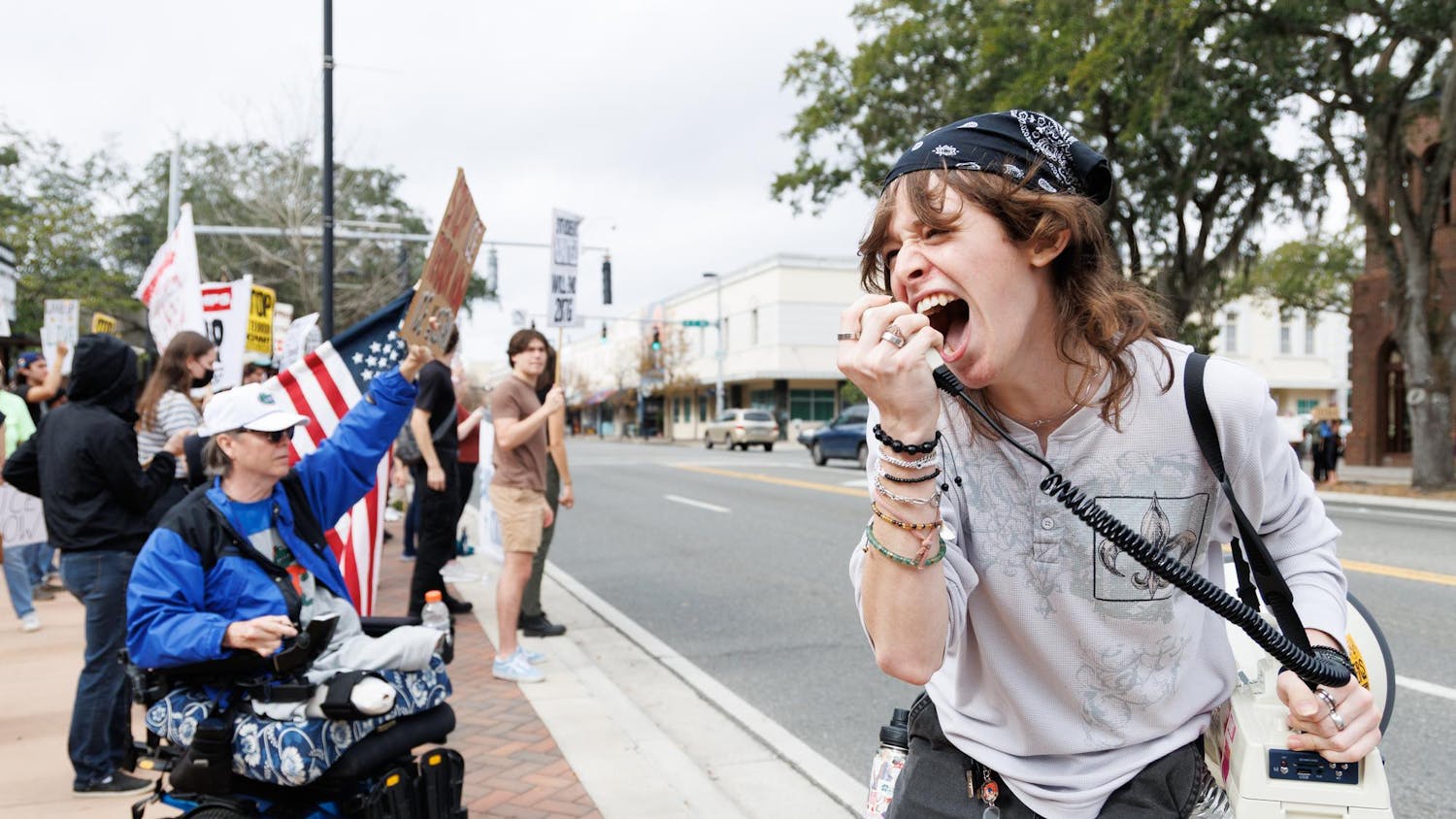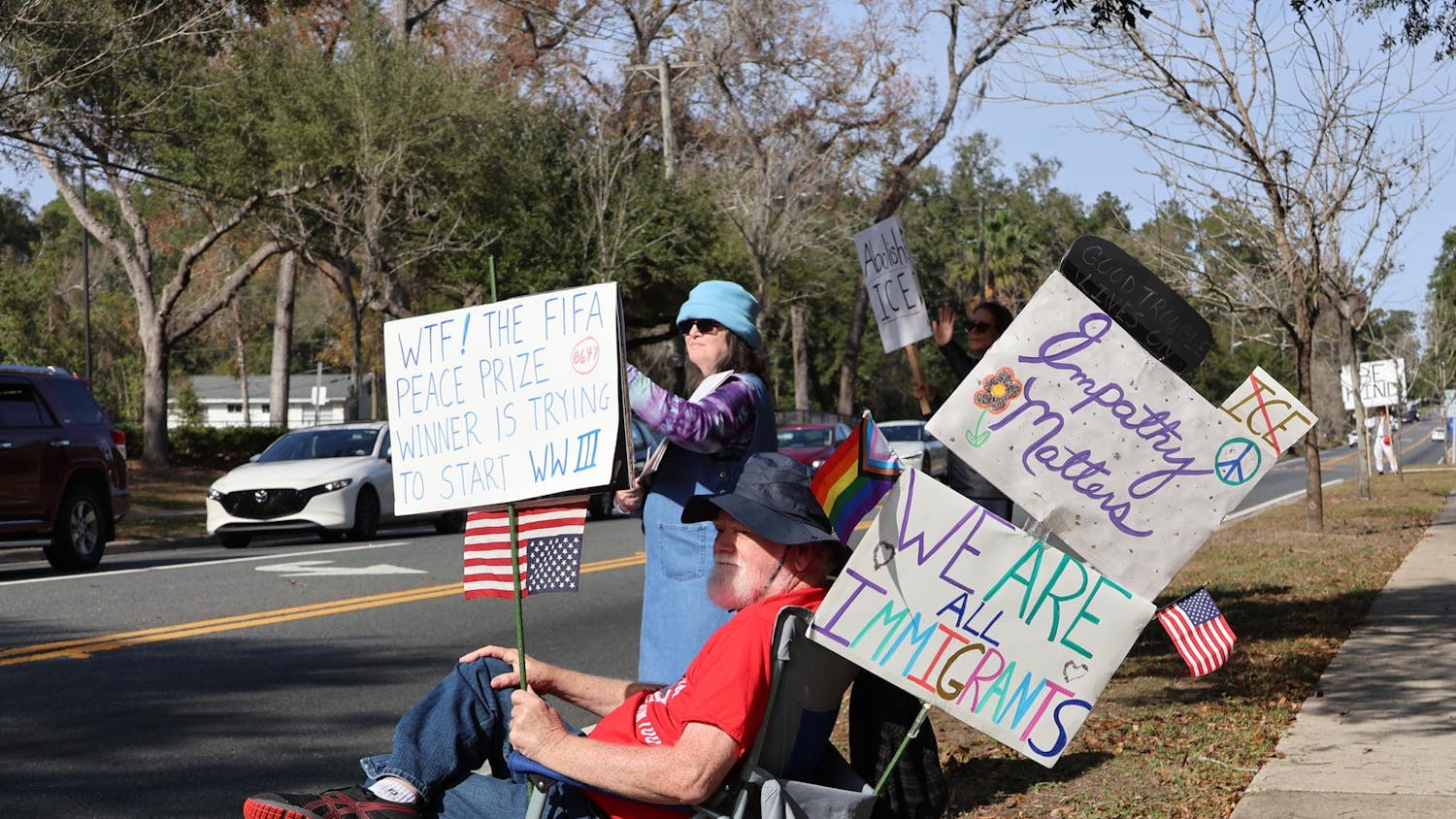They’ve always told Les Payne “No.”
They told him “No” when he requested a visa to cover the Soweto uprising in South Africa.
They told him “No” when he tried to find the body count for the protestors.
And they also said “No” when that work got him nominated for a Pulitzer Prize.
“Reporting is not something that begins until a person of power tells you ‘no,’” Payne told a crowd of about 150 during his presentation at Pugh Hall auditorium Monday night.
He was a writer for Newsday on that June day in 1976 when national news rang out about a 13-year-old boy who was shot for protesting apartheid in South Africa.
But because of the controversial content, he said, he was forced to wait until September to cover the story.
There, he talked to guerrilla leaders. He spoke to Nelson Mandela. He sat down with the family of a 5-year-old girl who was shot in the head in her front yard for flashing the black power sign.
He also spoke about how he used his skin color to his advantage in the field.
He left his white counterparts from The New York Times and Time Magazine behind as he ventured into Soweto every day to speak with protestors and funeral home owners.
“If you were white, you stuck out like a wart on a bald head,” he said.
When the South African government released the death toll at 250, Payne investigated. He spent the next few weeks interviewing funeral home owners, crunching the numbers.
He found out the government was wrong; 853 had died.
Payne has witnessed several of those deaths through a camera lens.
His story, “White Power, Black Rage,” sparked protests across America, even at UF.
Having won a Pulitzer Prize for “The Heroin Trail,” a chronicle of Marcel Francisci, Payne went on to lead a newsroom of five Pulitzer prize winners at Newsday.
With several journalism students in the crowd, he offered some advice.
“What was important was not winning another Pulitzer Prize,” he said. “What was important was that those families in Soweto knew what was happening to their people.”





